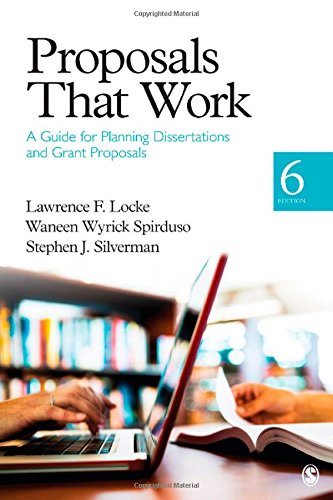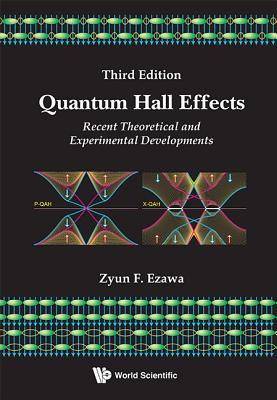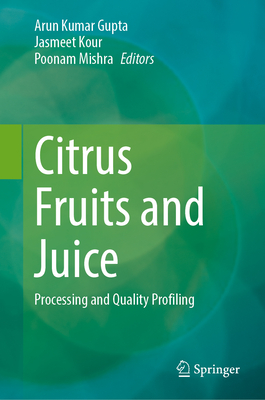图书简介
In this volume, a diverse group of world experts in personality assessment showcase a range of different viewpoints on response distortion. Contributors consider what it means to fake a personality assessment, why and how people try to obtain particular scores on personality tests, and what types of tests people can successfully manipulate. Anyone who wonders whether people exaggerate or lie outright on personality tests -- or questions what psychologists can and should do about it -- will find in this book stimulating questions and useful answers.
I. General Background; 1. Faking: Knowns, Unknowns, and Points of Contention; Matthias Ziegler, Carolyn MacCann, and Richard D. Roberts; II. Do People Fake and Does It Matter? The Existence of Faking and Its Impact on Personality Assessments; 2. People Fake Only When They Need to Fake; Jill E. Ellingson; 3. The Rules of Evidence and the Prevalence of Applicant Faking; Richard L. Griffith and Patrick D. Converse; 4. Questioning Old Assumptions: Faking and the Personality-Performance Relationship; D. Brent Smith and Max McDaniel; 5. Faking Does Distort Self-Report Personality Assessment; Ronald R. Holden and Angela S. Book; III. Can We Tell if People Fake? The Detection and Correction of Response Distortion; 6. A Conceptual Representation of Faking: Putting the Horse Back in Front of the Cart; Eric D. Heggestad; 7. Innovative Item Response Process and Bayesian Faking Detection Methods: More Questions than Answers; Nathan R. Kuncel, Matthew Bornemann, and Thomas Kiger; 8. Searching for Unicorns: Item Response Theory Based Solutions to the Faking Problem; Michael J. Zickar and Katherine A. Wolford; 9. Methods for Correcting For Faking; Matthew C. Reeder and Ann Marie Ryan; 10. Overclaiming on Personality Questionnaires; Delroy L. Paulhus; 11. The Detection of Faking through Word Use; Matthew Ventura; IV. Can We Stop People from Faking? Preventative Strategies; 12. Application of Preventative Strategies; Stephan Dilchert and Deniz Ones; 13. Social Desirability in Personality Assessment: Outline of a Model to Explain Individual Differences; Martin Backstrom, Fredrik Bjorklund, and Magnus R. Larsson; 14. Constructing Fake-Resistant Personality Tests Using Item Response Theory: High Stakes Personality Testing with Multidimensional Pairwise Preferences; Stephen Stark, Oleksandr S. Chernyshenk, and Fritz Drasgow; 15. Is Faking Inevitable? Person-level Strategies for Reducing Faking; Brian Lukoff; V. Is Faking a Consequential Issue Outside a Job Selection Context? Current Applications and Future Directions in Clinical and Educational Settings; 16. Plaintiffs who Malinger: Impact of Litigation on Fake Testimony; Ryan C.W. Hall and Richard C.W. Hall; 17. Intentional and Unintentional Faking in Education; Jeremy Burrus, Bobby D. Naemi, and Patrick C. Kyllonen; VI. Conclusions; 18. Faking in Personality Assessment: Reflections and Recommendations; Carolyn MacCann, Matthias Ziegler, and Richard D. Roberts; 19. Faking in Personality Assessment: Concluding Thoughts; Paul Sackett
Trade Policy 买家须知
- 关于产品:
- ● 正版保障:本网站隶属于中国国际图书贸易集团公司,确保所有图书都是100%正版。
- ● 环保纸张:进口图书大多使用的都是环保轻型张,颜色偏黄,重量比较轻。
- ● 毛边版:即书翻页的地方,故意做成了参差不齐的样子,一般为精装版,更具收藏价值。
关于退换货:- 由于预订产品的特殊性,采购订单正式发订后,买方不得无故取消全部或部分产品的订购。
- 由于进口图书的特殊性,发生以下情况的,请直接拒收货物,由快递返回:
- ● 外包装破损/发错货/少发货/图书外观破损/图书配件不全(例如:光盘等)
并请在工作日通过电话400-008-1110联系我们。
- 签收后,如发生以下情况,请在签收后的5个工作日内联系客服办理退换货:
- ● 缺页/错页/错印/脱线
关于发货时间:- 一般情况下:
- ●【现货】 下单后48小时内由北京(库房)发出快递。
- ●【预订】【预售】下单后国外发货,到货时间预计5-8周左右,店铺默认中通快递,如需顺丰快递邮费到付。
- ● 需要开具发票的客户,发货时间可能在上述基础上再延后1-2个工作日(紧急发票需求,请联系010-68433105/3213);
- ● 如遇其他特殊原因,对发货时间有影响的,我们会第一时间在网站公告,敬请留意。
关于到货时间:- 由于进口图书入境入库后,都是委托第三方快递发货,所以我们只能保证在规定时间内发出,但无法为您保证确切的到货时间。
- ● 主要城市一般2-4天
- ● 偏远地区一般4-7天
关于接听咨询电话的时间:- 010-68433105/3213正常接听咨询电话的时间为:周一至周五上午8:30~下午5:00,周六、日及法定节假日休息,将无法接听来电,敬请谅解。
- 其它时间您也可以通过邮件联系我们:customer@readgo.cn,工作日会优先处理。
关于快递:- ● 已付款订单:主要由中通、宅急送负责派送,订单进度查询请拨打010-68433105/3213。
本书暂无推荐
本书暂无推荐















